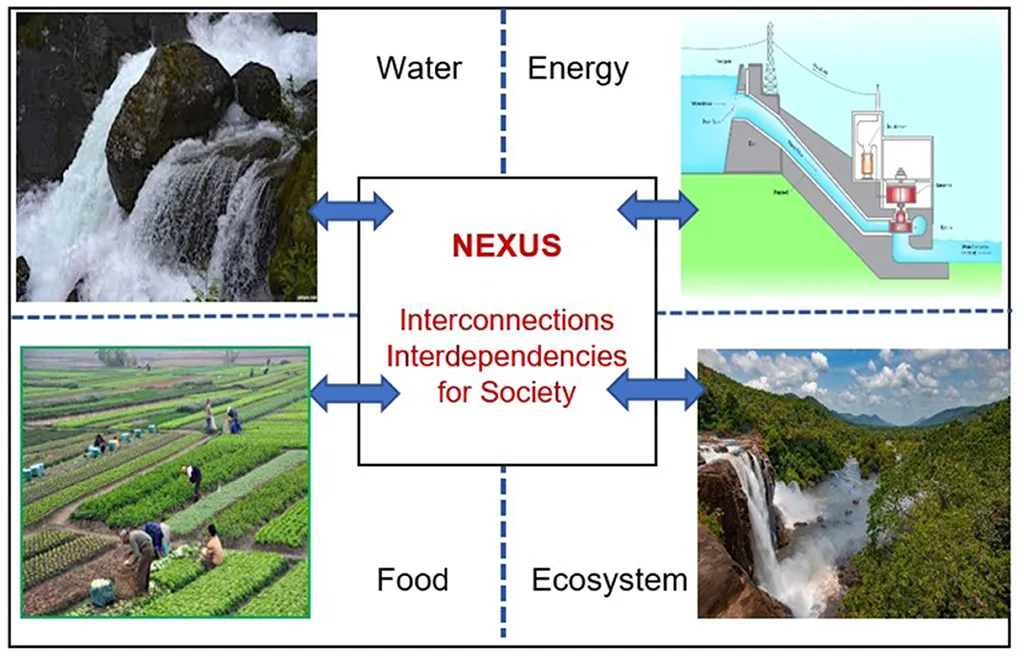In the heart of India’s agricultural landscape, a pressing concern is emerging that could reshape the future of farming in the region. A recent study published in the *Journal of Agricultural Extension* has shed light on the changing cropping patterns in western Uttar Pradesh and their impact on the Water-Energy-Food (WEF) nexus, while also highlighting significant gaps in agricultural extension services. The research, led by Surabhi Singh, a Ph.D. Scholar at the Indian Institute of Technology Jodhpur, offers a stark look at the challenges farmers face and the opportunities for improvement.
The study, which involved interviews with 100 farmers and 11 stakeholders, as well as participatory rural appraisal and focus group discussions, revealed that despite numerous government initiatives and a robust network of agricultural institutions, extension services in the region remain largely ineffective. This ineffectiveness is particularly concerning given the increasing importance of the WEF nexus in sustainable agriculture.
One of the most striking findings was that while 60% of the farmers received information from the Government Agriculture Department, only 1% adopted innovative irrigation methods related to the WEF nexus approach. “This disparity indicates a significant gap between the provision of information and its practical application,” Singh noted. The study also found that only two out of 100 farmers attempted to economize water usage in irrigation through efficient surface irrigation, and none had adopted climate-resilient agricultural practices.
The commercial impacts of these findings are substantial. Inefficient water usage and the lack of adoption of innovative irrigation methods not only strain water resources but also affect crop yields and farm profitability. As climate change continues to impact agricultural practices, the need for climate-resilient methods becomes increasingly urgent. The study’s recommendations to strengthen agricultural extension services and frame policies that align with the WEF nexus approach could provide a roadmap for improving these outcomes.
The research suggests that the future of agriculture in western Uttar Pradesh—and potentially other regions—will depend on bridging the gap between information and action. By focusing on the WEF nexus, policymakers, village councils, and other stakeholders can help farmers adopt more sustainable and efficient practices. “The potential for improvement is immense,” Singh said. “With the right policies and support, we can see a significant shift towards more sustainable and resilient agricultural practices.”
As the agricultural sector continues to evolve, studies like this one will be crucial in shaping future developments. The insights gained from this research could influence policy decisions, guide agricultural extension services, and ultimately help farmers adapt to the changing climate and resource constraints. The journey towards sustainable agriculture is complex, but with concerted efforts and innovative approaches, the path forward can be both promising and impactful.

